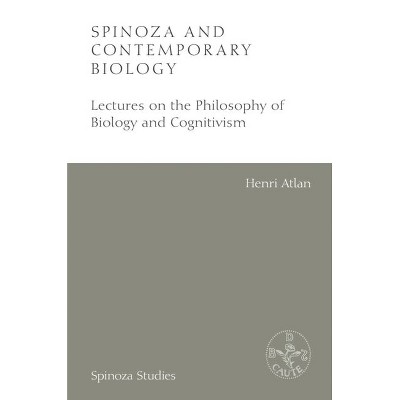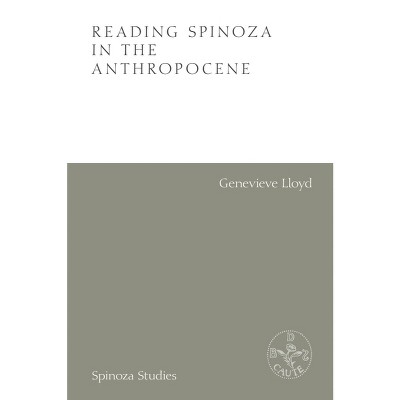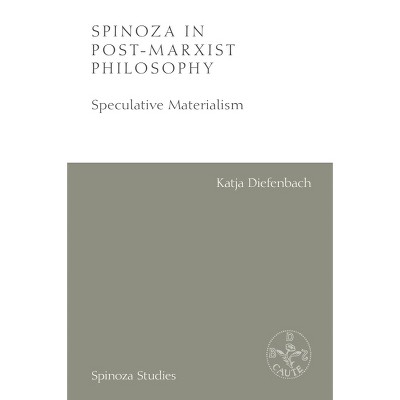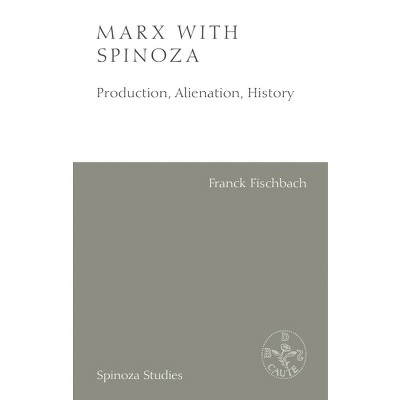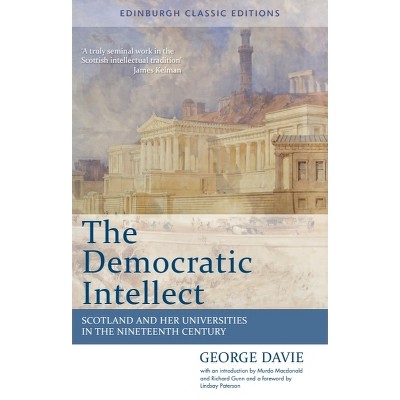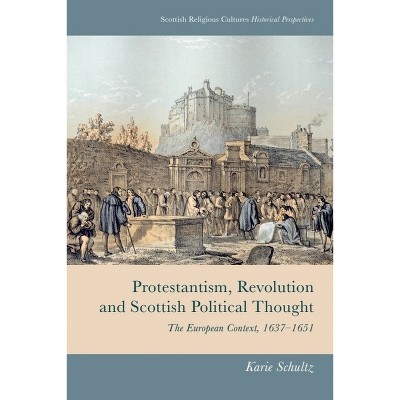Democratic Thought from Machiavelli to Spinoza - (Spinoza Studies) by Sonja Lavaert

About this item
Highlights
- In the latter half of the seventeenth century, Spinoza effected a reversal in the relationship between philosophy, politics, and religion, thereby laying the foundation for modern democracy.
- Author(s): Sonja Lavaert
- 336 Pages
- Philosophy, Individual Philosophers
- Series Name: Spinoza Studies
Description
About the Book
A genealogy of the concept of the multitude and Spinoza's democratic political philosophy
Book Synopsis
In the latter half of the seventeenth century, Spinoza effected a reversal in the relationship between philosophy, politics, and religion, thereby laying the foundation for modern democracy. This shift, and his plea for philosophical critique, did not pass unchallenged. The idea that there is no equality without freedom, and no freedom without equality, was maligned by those who insisted it would lead to rebellion and anarchy. Still, Spinoza was no solitary figure, but formed part of a larger European movement.
Inspired by several anonymous clandestine treatises, the republican writings of his contemporary De la Court, the democratic ideas of his former teacher Van den Enden, and the subversive criticism of his friend Koerbagh, Spinoza continued the trajectory established by Machiavelli. The resistance which his work encountered played a role in the radicalization of his ideas, the return to Machiavelli's revolutionary principles, and the recognition of the multitude's crucial role.
From the Back Cover
A genealogy of the concept of the multitude and Spinoza's democratic political philosophy Drawing on new and relatively unknown sources, Sonja Lavaert traces the genealogy of modern democratic thought from Machiavelli to Spinoza and his circle, and into the early eighteenth century. The chapters follow these authors, their writings, and the anonymous works chronologically. The notion of the multitude is central, which Spinoza and his circle investigated in two senses: as a specific political form - the republic of the multitude, or democracy; and as the factual, intrinsic diversity of the multitude - the political constitution and dynamics. Spinoza has long been recognised for the central role he played in the development of modern democratic ideals through his treatises on politics and the freedom to philosophise. Lavaert argues that he drew on Machiavelli for these ideas and in the process dispelled the Machiavellian counterimage created by the Italian scholar's political and Christian opponents. Sonja Lavaert is Associate Professor of Philosophy at Vrije Universiteit Brussel, Belgium. Albert Gootjes is an intellectual historian specializing in early modern theology and philosophy.Review Quotes
I have learnt an enormous amount from Sonja Lavaert's Democratic Thought from Machiavelli to Spinoza - a study that draws on a wealth of neglected and unknown sources and combines detailed analyses with a comprehensive view of Spinoza and early modern philosophy. Undoubtedly one of the most substantial contributions to Spinoza scholarship in recent years.--Winfried Schroder, University of Marburg
Shipping details
Return details
Trending Book Pre-Orders






